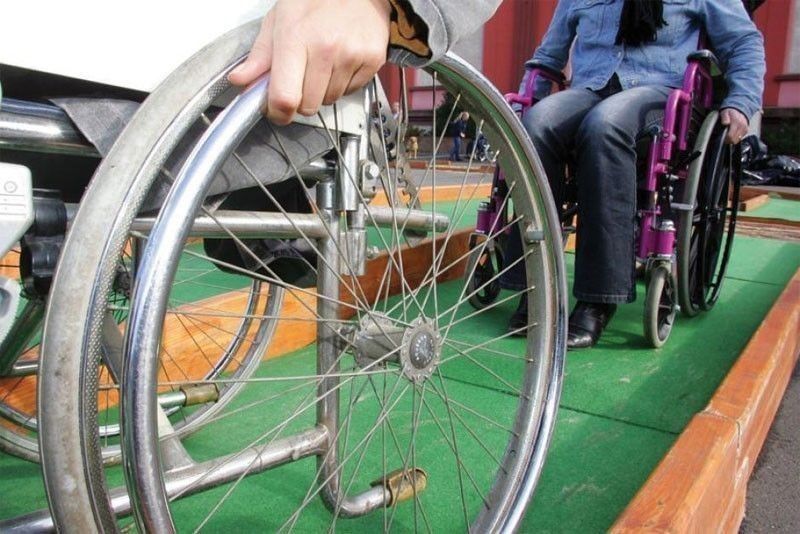Filipino PWDs struggle more in disaster recovery and preparedness — study

PERSONS with disabilities (PWDs) in the Philippines have more challenges in preparing for and recovering from disasters in comparison to those without disabilities, according to a 2024 nationwide survey by the Harvard Humanitarian Initiative (HHI).
Released this International Day of Persons with Disabilities, the survey found that almost half (48%) of PWDs report not recovering at all from disasters, compared to 24% for the rest of the population.
“These findings underscore the critical importance of providing appropriate and adapted assistance, including medical support, in disaster recovery efforts to foster true resilience and recovery for this group,” Patrick Vinck, HHI director of research and co-lead of the study, said in a December 3 press statement.
HHI collected data from 4,608 Filipinos between February–March 2024 to understand the factors that contributed to disaster and climate resilience.
PWDs represented in the study include individuals who experience difficulties with vision, hearing, and communication, or physical activities such as walking, climbing steps, or self-care. It also included disabilities associated with lower levels of wealth and education.
The most frequently reported impact of disasters by both PWD and non-PWD groups is financial and material (77% for the former and 76% for the latter). Less than a fifth (3%-17%) feel that past disasters impacted their physical and mental health and resulted in displacement, death of a relative, and social impact.
The study’s results further indicated that, on average, PWDs are less prepared for disasters (17.1 out of a total 50) than those without disabilities (19.3 out of 50).
PWDs likewise scored 14-57% lower than non-PWDs on the following dimensions: training and drill participation (2.3 vs. 3.6), material measures (3.9 vs. 4.5), access to information (4.3 vs. 4.9), and planning (3.6 vs. 4).
PWDs tend to have stronger social support networks (3.1) than non-PWDs (2.3), though.
“These results clearly show the importance of creating more inclusive training programs that are accessible and relevant to PWDs,” said Vincenzo Bollettino, program director of the HHI Resilient Communities Program and co-lead of the study.
“It is important that future research focuses on illuminating the specific kinds of barriers PWDs face in preparing for disasters and identifies the kinds of interventions that contribute best to PWD disaster resilience,” he said in the same press statement. — Patricia B. Mirasol



